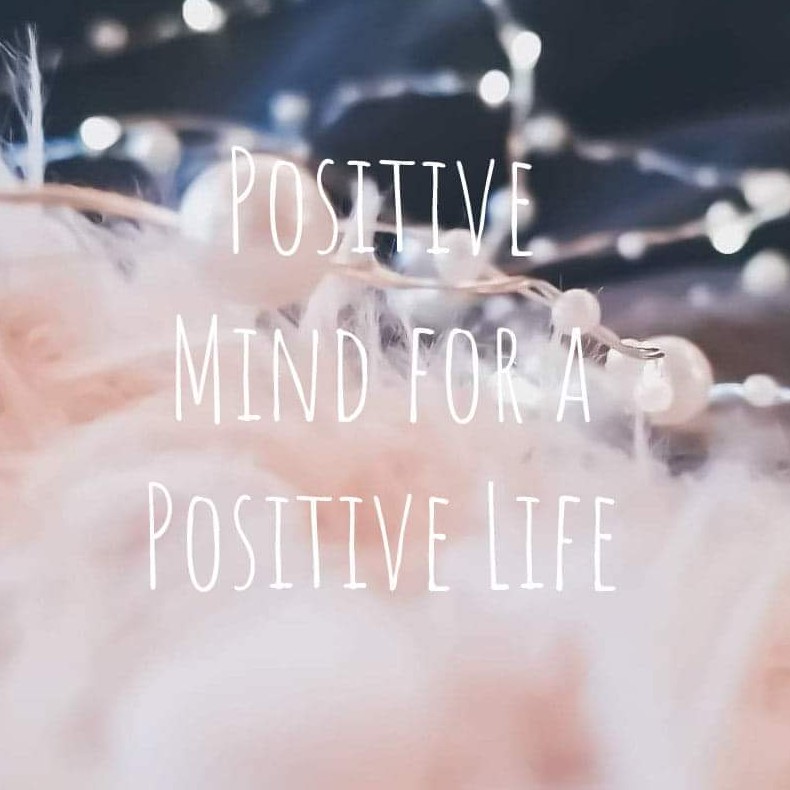
Always Do Your Research
I have made it my goal to know as much about mental illness as I possibly can, as I know it effects myself and many other people in this world, including close friends of mine. I’ve dealt with anxiety a lot of my life and I do what I can to not let it get in my way of living a good, happy life.
I’ve seen a lot of people derail because of things influencing their mental illness. I see people refuse to work on getting better. Mental illness is like any physical illness, you need rest, you need to focus on getting healthier or the sickness just gets worse. It’s easier said than done, trust me, I know this.
But I watched too many people deny that they have a mental illness, claiming that it’s a weakness, or choosing to ignore it because they just don’t want to deal with it. You’ll never get better that way.
I cannot make anyone do anything that they don’t want to do, nor can you oh, but the best thing I can say is to always do your research. This has been such a useful tool for me in developing better mental health. Because yes I can look up all the tips I want but if I don’t understand where my own anxiety is coming from how can I better it?
Try to know where there’s things come from. What steams the anxiety? The depression? What does anxiety or depression or bipolar or any other illness take the form of?
It’s always a good thing to have questions because that means you wish to understand and you are actively paying attention. I recommend research to both people who have a type of mental illness and people who are close to someone who has a mental illness. That way you can better understand them if you yourself don’t know or have that mental illness. It only makes things more helpful.
There are so many tools and resources available to researching such matters. The most scholarly or reliable I would say is actually talking one-on-one with a doctor or a psychiatrist who knows these illnesses and has studied these illnesses. They were be able to give you the most information and while speaking one on one with you it’s easier to get your questions answered as well as have them do any type of diagnosis if that is needed.
Secondly there’s always this wonderful tool called Google. Well yes on Google there can be biased information, or personal information set out there by bloggers for the most part would I have been able to find is there are a lot of articles put out there by organizations who work hard at bringing awareness to these illnesses. They will also be helpful at giving information as well as tools to help better maintain such illnesses.
Third and foremost if you yourself are not the person who has the mental illness it’s always a good thing to talk to the person who does. They will be able to tell you things such as what are symptoms are, what they’re triggers are, and how they are working to deal with it. That is a more personally modified way to understand anxiety, depression, and so forth.
You cannot fully have a conversation about mental illness until you have tried your hardest to understand what it is.




